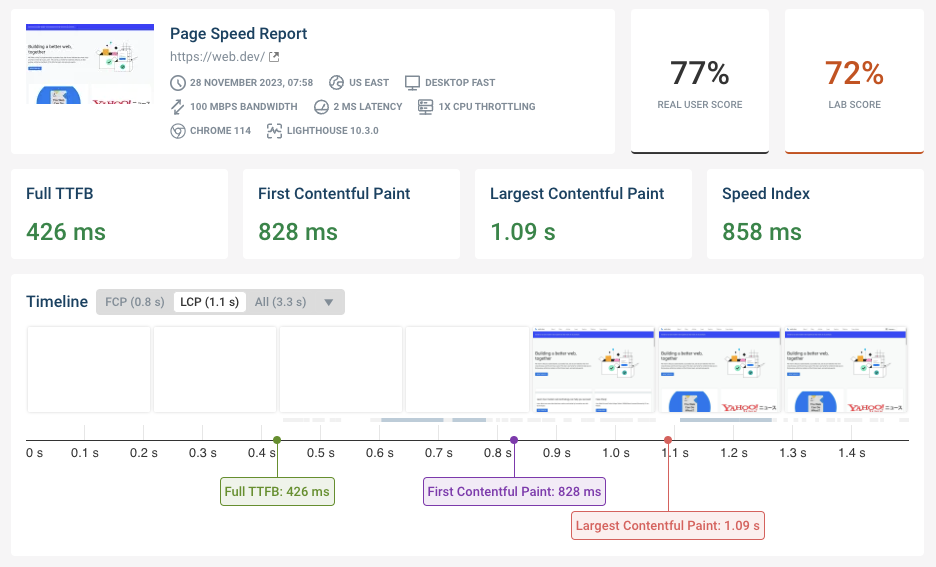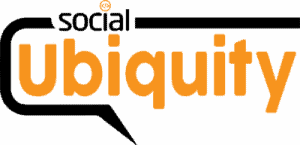The Importance of Page Speed in SEO
Page speed refers to how quickly your website loads and displays content. It’s a crucial ranking factor for search engines like Google because:
- Improves User Experience: Faster websites keep visitors engaged.
- Reduces Bounce Rates: Users leave slow-loading pages quickly, signaling poor performance.
- Boosts Mobile Performance: With mobile-first indexing, speed is vital for ranking on mobile devices.
- Enhances Conversion Rates: Faster websites lead to higher sales and engagement.
How Google Measures Page Speed
Google evaluates page speed using several metrics, including:
- Largest Contentful Paint (LCP): Measures the time for the main content to load. Ideal time: Under 2.5 seconds.
- First Input Delay (FID): Assesses interactivity and responsiveness. Perfect time: Under 100 milliseconds.
- Cumulative Layout Shift (CLS): Tracks unexpected layout shifts. Perfect score: Below 0.1.
How Slow Page Speed Hurts SEO
- Lower Search Rankings: Google prioritizes fast sites in search results.
- Increased Bounce Rate: Visitors abandon slow pages, reducing session duration.
- Lost Revenue: E-commerce sites lose potential sales due to slow load times.
How to Improve Page Speed

1. Optimize Images
- Compress images without losing quality using tools like TinyPNG or ImageOptim.
- Use next-gen formats like WebP for faster loading.
2. Enable Browser Caching
- Store frequently accessed data to reduce load times for repeat visitors.
3. Minimize HTTP Requests
- Reduce the number of elements (scripts, stylesheets, images) that load on a page.
4. Use a Content Delivery Network (CDN)
- Distribute content across global servers for faster access.
5. Minify CSS, JavaScript, and HTML
- Remove unnecessary spaces, comments, and code to speed up performance.
6. Improve Server Response Time
- Upgrade hosting or switch to a faster provider.
- Optimize database queries and reduce server load.
7. Implement Lazy Loading
- Load images and videos only when they are needed.
Conclusion

Page speed is vital in search rankings, affecting SEO and user experience. Optimizing your website for faster load times can improve rankings, increase engagement, and enhance conversion rates. By implementing key performance strategies, you can ensure a seamless browsing experience for your visitors.







